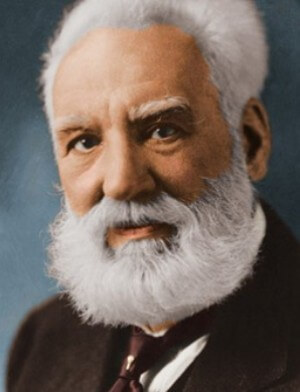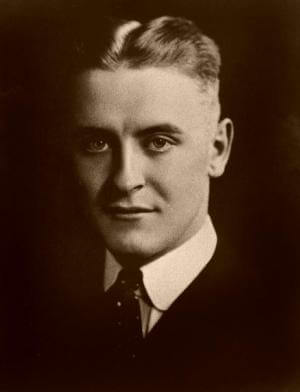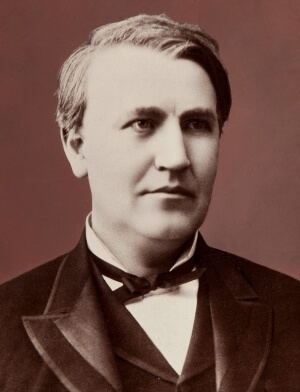- ICCONS,Shoranur, Palakkad (0466)2224869; 6238440945
- ICCONS, Pulayanarkotta,Trivandrum-11 (0471)2440232, 2447729
- icconssrr@gmail.com
- icconstvpm2018@gmail.com

Learning Disabilities - General
IS LEARNING A PROBLEM FOR YOUR CHILD
Children who are not able to cope up with the expectation of parents or teachers in studies are always ‘a challenge’ that is faced in the educational environment among parents, teachers and educational experts. Education of every child is the ethos of all societies that are culturally developed. Child who is intellectually normal but lags behind in scholastic performancehave attracted researchers from various scientific disciplines over the past 120 years. When a child lags behind in academics, but is capable of doing many activities that makes him appear intellectually normal, it is often attributed as a problem of the child and erroneously is labeled him/her as lazy, inefficient, mischievous or even to the level of social ineptness. Infact it is in this situation one has to suspect whether the child is having Learning Disability.
LEARNING AND BRAIN
In the context on discussions about Learning and Academic achievements, we quite often forget the fact that,” Learning” is a function of the brain just like any other biological functions. Though the process of “learning” occurs in all animals, learning as a biological function is more intricate and advanced in the case of human beings. Language processing, which is yet another enigmatic function of the brain, has a unique role in human learning process. Thus information processing occurs in the human brain as two distinctly separate biological mechanism-one that is mediated through the use of language and another where it is not dependent on language function but gained through the repeated practice of certain activities.
LEARNING AND MEMORY
Neurobiologist distinguishes them as –Explicit and Implicit way of Learning. Explicit Learning or declarative type of learning requires competence of language conscious participation of the individual. Explicit learning is fast and may take place after only one training trial. It often involves association of simultaneous stimuli and permit storage of information about a single event that happens in a particular time and place. It therefore affords a sense of familiarity about previous events. Lesion of a particular part of the brain, the temporal lobe impairs the declarative type of learning but the implicit type of learning in them remains intact. Implicit Learning is the form of learning that does not utilize conscious participation of the individual. It is slow and accumulates through repetition over many trials. It often involves association of sequential stimuli and permits storage of information about predictive relations between events. Implicit learning is expressed primarily by improved performance on certain tasks without the person being able to describe what has been learnt. The concept that the problems in learning have an underlying organic basis was evolved over years coupled with research on brain mechanism behind several cognitive processing such as language, memory, perception and conscious awareness.
ADVANCES
The advances in brain research in the mid19th century have revealed many interesting aspects of the brain mechanism on language processing and other cognitive functions. Individual components of language processing such as auditory comprehension, oral expression, repetition, reading, writing, and mathematical operation has been attributed to functions of specific regions of the brain. This is based on the observation that, in adults circumscribed lesions of the brain can result in discrete loss of these functions. Research on the late nineteenth century and early part of twentieth century revealed several aspect of language lateralization to the left side of the brain that also has got a bearing on the handedness of the individual. However there was little knowledge about the normal mechanism involved in the development of these functions of language in the developing brain of an infant and the same is not fully elucidated to date. The nature and type of language disturbances observed in a child due to brain damage is distinct in many respect from that of an adult and early recovery of functions is the rule, especially if such lesions occur before the age of 12 years. Neuronal Plasticity, Incomplete language lateralization, Critical age for individual functional development are attributed to such discrepancies between the adult and child brain behavior.
The concept that problems in learning are that of a disorder of language processing and might have an organic basis became strong in the 1930-40s. The assumption that the problem in learning might have an underlying organic basis was first introduced in the 1930 – 40s by Bender. The subject however is not new and is over more than 110years old. An English doctor Pringle Morgan in Sussex, England, reported the first case of ‘dyslexia’ in 1896 November. He described a 14-year-old boy, bright and intellectually quick at games and in no way inferior to others, but his great difficulty has been the inability to learn to read.








